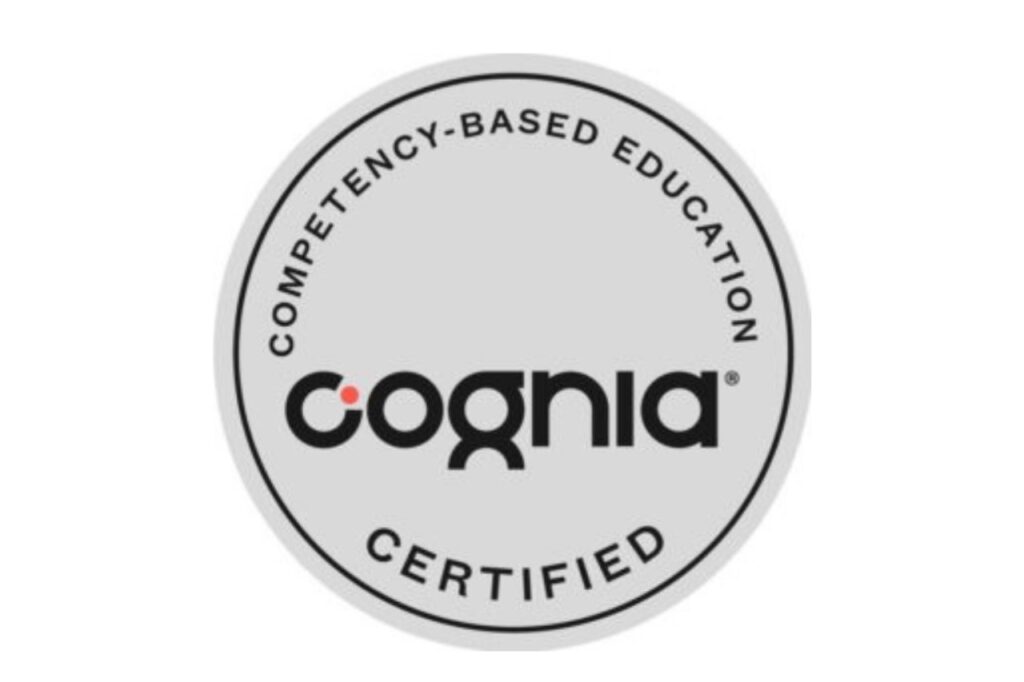In an Islamic school, providing a nurturing and engaging learning environment for nursery students is crucial. This guide offers valuable insights and practical tips on planning an activity for nursery classes, specifically focusing on Grade Pre-K students in an Islamic school in Dallas. By incorporating Islamic values and teachings into their educational experience, we can foster a strong foundation of Muslim education for our young learners.

1: Understanding the Importance of Activities in Nursery Classes
Activities play a vital role in the overall development of nursery students. These activities stimulate their curiosity, foster creativity, enhance social skills, and promote cognitive growth. In an Islamic school, activities can further serve as an effective medium to impart Islamic values, ethics, and teachings. By planning purposeful activities, we can create a positive and enriching environment that supports the holistic development of young learners.
2: Identifying Suitable Activity Themes
When planning activities for nursery classes in an Islamic school, it is essential to align the themes with Islamic values and principles. Some suggested themes may include kindness, gratitude, Prophet stories, Islamic holidays, Arabic alphabet, or basic Islamic concepts. By choosing themes that resonate with Islamic teachings, we ensure that our activities serve a dual purpose of academic and spiritual growth.
3: Incorporating Hands-On and Interactive
Elements Nursery students thrive when engaged in hands-on and interactive learning experiences. Incorporating sensory activities, arts and crafts, storytelling, role-playing, and group games can make the learning process enjoyable and memorable. These activities can be tailored to specific Islamic concepts or stories, allowing students to actively participate and internalize the lessons.
4: Adapting Activities to Grade Pre-K Level
When planning activities for nursery classes in an Islamic school, it is crucial to consider the developmental stage of Grade Pre-K students. Design activities that align with their cognitive abilities, motor skills, and attention spans. Simple tasks, visual aids, and repetition can aid their understanding and ensure active participation. Keeping the activities short, interactive, and age-appropriate will help create a positive learning experience for these young learners.
5: Leveraging Resources and Collaboration
An Islamic school often has a wealth of resources that can be utilized when planning nursery activities. Collaborate with fellow teachers, parents, and community members who can contribute their expertise and ideas. Use Islamic books, videos, online resources, and guest speakers to enhance the learning experience. By fostering a sense of community and involving various stakeholders, we can create a more comprehensive and impactful activity for nursery students.

Conclusion
Planning activities for nursery classes in an Islamic school, such as Grade Pre-K at an Islamic school in Dallas, provides a unique opportunity to instill Islamic values and teachings in young minds. By aligning activity themes with Islamic concepts, incorporating hands-on elements, and adapting to the developmental level of students, we can create meaningful learning experiences. Let us nurture our nursery students’ love for Islam while fostering their overall growth and well-being.




